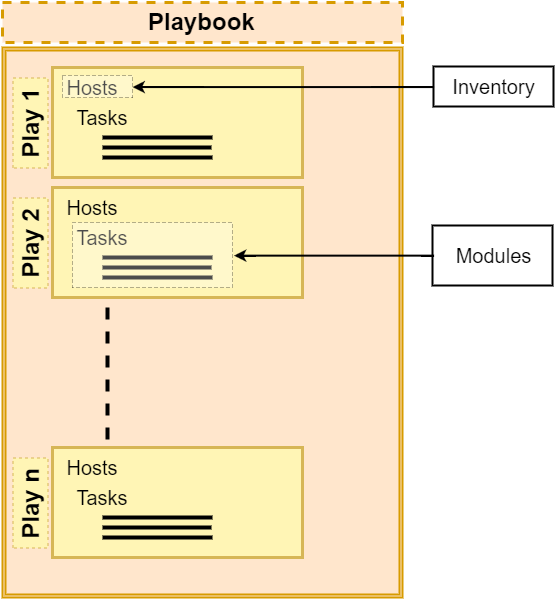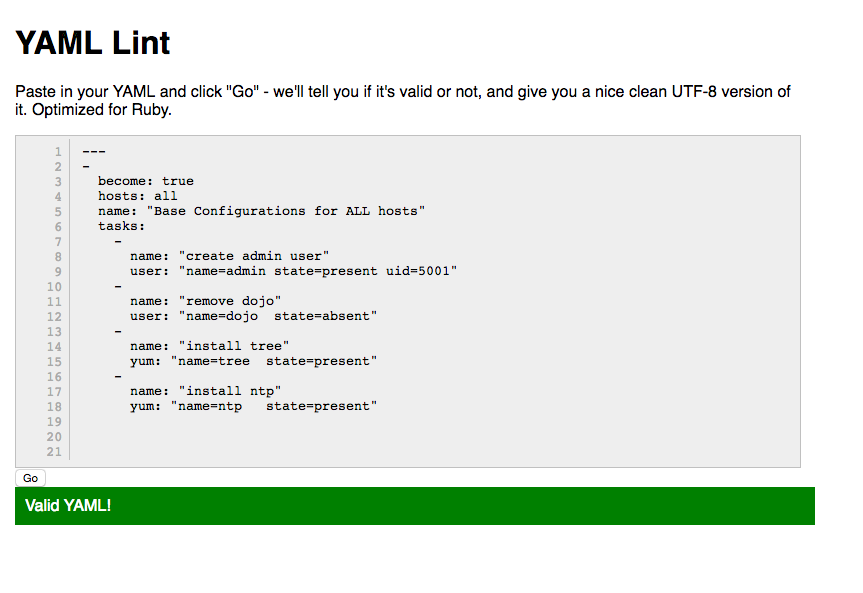TASK [install ntpd] ************************************************************************************************************
fatal: [app1]: FAILED! => {"changed": false, "failures": ["No package ntpd available."], "msg": "Failed to install some of the specified packages", "rc": 1, "results": []}
fatal: [lb]: FAILED! => {"changed": false, "failures": ["No package ntpd available."], "msg": "Failed to install some of the specified packages", "rc": 1, "results": []}
fatal: [app2]: FAILED! => {"changed": false, "failures": ["No package ntpd available."], "msg": "Failed to install some of the specified packages", "rc": 1, "results": []}
fatal: [db]: FAILED! => {"changed": false, "failures": ["No package ntpd available."], "msg": "Failed to install some of the specified packages", "rc": 1, "results": []}
fatal: [localhost]: FAILED! => {"ansible_facts": {"pkg_mgr": "apt"}, "changed": false, "msg": "value of state must be one of: absent, build-dep, fixed, latest, present, got: installed"}
PLAY










